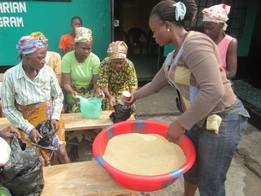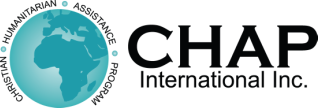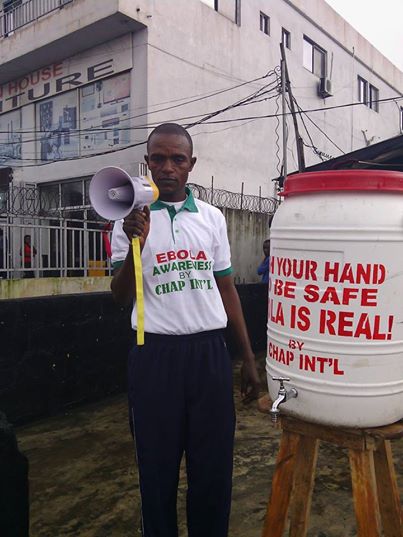Fighting Ebola
 Martha providing widows in the community with rice for the week
Martha providing widows in the community with rice for the week
In the early stages of the Ebola Outbreak in 2014 there was a great deal of confusion and mistrust between the Liberian government and the Liberian people. The dangerous truth about the Ebola Virus was believed by very few and was viewed as a government hoax to gain more money through international aid. Through our End Ebola Campaign our first action step was to bring to light the truth about Ebola, educate Liberians about what exactly Ebola is, how it spreads, and how to take preventative measures for you and your family. Lack of information, mistrust, and misinformation caused ENORMOUS hinderances to stopping the spread of Ebola. Through diligent leadership and effective implementation, our Liberia staff hit the ground running going from house to house to educate, bring about awareness, deliver necessary preventive and protective supplies like chorine to many houses, and set up hand washing stations throughout the community.
Our Action Steps to End Ebola:
- Raising awareness about Ebola and how to prevent the spread of the virus
- Providing proper preventative and protection supplies to households such as chlorine, soaps, and buckets
- Setting up community hand washing stations
- Through our partnership with Equip 2 Serve we continue to feed families, widows, and the elderly and disabled through our rice distribution program
The Ebola Outbreak in LiberiaThe 2014 Ebola outbreak is one of the largest Ebola outbreaks in history and the first in West Africa. It affected four countries in West Africa: Guinea, Liberia, Sierra Leone, and Nigeria. The West Africa outbreak was first discovered in Guinea in March of 2014 after which it spread into Liberia.
As of February 20, according to The World Health Organization (WHO), Liberia has had a confirmed 9,096 cases with 3,947 total deaths in almost a one-year span. Roughly 42% of deaths related to the West Africa Ebola Outbreak have occurred in Liberia. As new cases continued to dwindle, Liberian President Ellen Johnson Sirleaf issued a re-opening of Liberia's land border crossings that were shut down during the heart of the epidemic. Another positive sign of a country striving for a return to normalcy and striving to be Ebola-free. On May 9, 2015, WHO declared Liberia free of Ebola virus transmission. Forty-two days had passed since the last laboratory-confirmed case was buried on March 28, 2015. For more than a year, Liberia, Guinea, and Sierra Leone have been experiencing the largest outbreak of Ebola in history. Although Liberia was declared free of Ebola transmission on September 2, 2015 (for a second time) a new cluster of Ebola cases was confirmed in late November 2015 in Paynesville, a suburb of Monrovia. The health system in Liberia continues to monitor for new cases and to take precautions to prevent transmission in the country. CDC is also closely monitoring the situation and will update information and advice for travelers as needed. |
Leading Locally:Thanks to an incredible Liberian leadership team we were able to combat the deadly virus head on in the early stages of the outbreak. Despite a late global response, Liberian-led initiatives, like ours, impacted communities greatly and helped the virus from doing even more damage.
|


